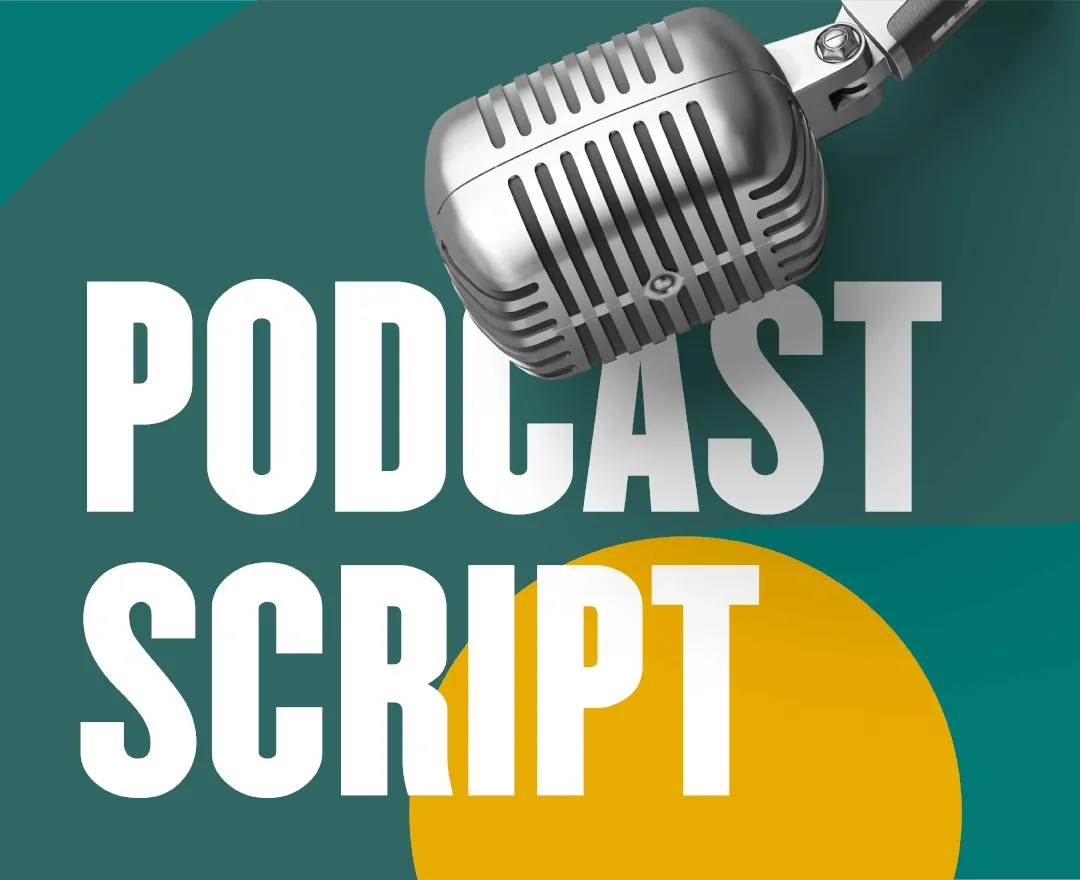Podcasting and Personal Branding
Explore how podcasting can enhance personal branding for writers, helping them establish authority, connect with their audience, and expand their reach.
In today's digital age, establishing a strong personal brand is essential for writers who want to stand out in a crowded marketplace. With numerous platforms and mediums available, it can be challenging to decide which one best suits your goals. However, podcasting has emerged as a powerful tool for writers to enhance their personal branding efforts. By leveraging the intimate and immersive nature of audio storytelling, writers can establish authority, connect with their audience, and expand their reach in ways that were not possible before.
Establishing Authority:
Podcasting provides a unique opportunity for writers to showcase their expertise, knowledge, and insights on a specific subject matter. As a writer, you have likely spent years honing your craft and developing a deep understanding of your niche. By hosting a podcast, you can share your wisdom and provide valuable content to your listeners, positioning yourself as an authority in your field. This establishes trust and credibility, making it more likely for your audience to turn to you for guidance and recommendations.
Connecting with the Audience:
Unlike traditional forms of writing, podcasting allows writers to connect with their audience on a more personal level. The spoken word carries emotion, personality, and nuance that can be difficult to convey through text alone. By speaking directly to your listeners, sharing personal stories, and engaging in conversations, you create a deeper connection and forge a more meaningful relationship with your audience. This connection helps to humanize your brand and fosters a sense of community among your listeners.
Expanding Reach:
Podcasting enables writers to reach a wider audience beyond their existing readership. While books and articles have their reach limitations, podcasts have gained tremendous popularity and accessibility in recent years. Listeners can tune in from anywhere, at any time, making it easier for you to expand your reach geographically and demographically. Moreover, podcasts can be shared on various platforms and directories, exposing your brand to new audiences and potential readers who may not have discovered your work otherwise.
Repurposing Content:
Podcasting also allows writers to repurpose their existing content in new and engaging ways. You can transform your written articles, blog posts, or chapters from your books into podcast episodes. This not only maximizes the value of your content but also provides an opportunity for your audience to consume it in different formats. Repurposing content across multiple mediums strengthens your brand's presence and reinforces your expertise.
Collaboration and Networking:
Podcasting opens doors to collaborate with other experts, writers, and influential figures in your field. By inviting guests to your podcast, you can engage in insightful discussions, share different perspectives, and tap into the networks of your guests. Collaborative episodes not only provide valuable content for your listeners but also allow you to leverage the credibility and reach of your guests, expanding your own network and further establishing your authority.
In conclusion, podcasting is a powerful tool for writers to enhance their personal branding efforts. It enables them to establish authority by showcasing their expertise, connect with their audience on a personal level, expand their reach beyond traditional mediums, repurpose existing content, and collaborate with other influential figures. By harnessing the immersive nature of audio storytelling, writers can leverage podcasting to strengthen their personal brand, build a loyal following, and ultimately achieve greater success in their writing endeavors. So, if you're a writer looking to enhance your personal branding efforts, consider venturing into the world of podcasting and unlock its potential to propel your career to new heights.























.jpg)